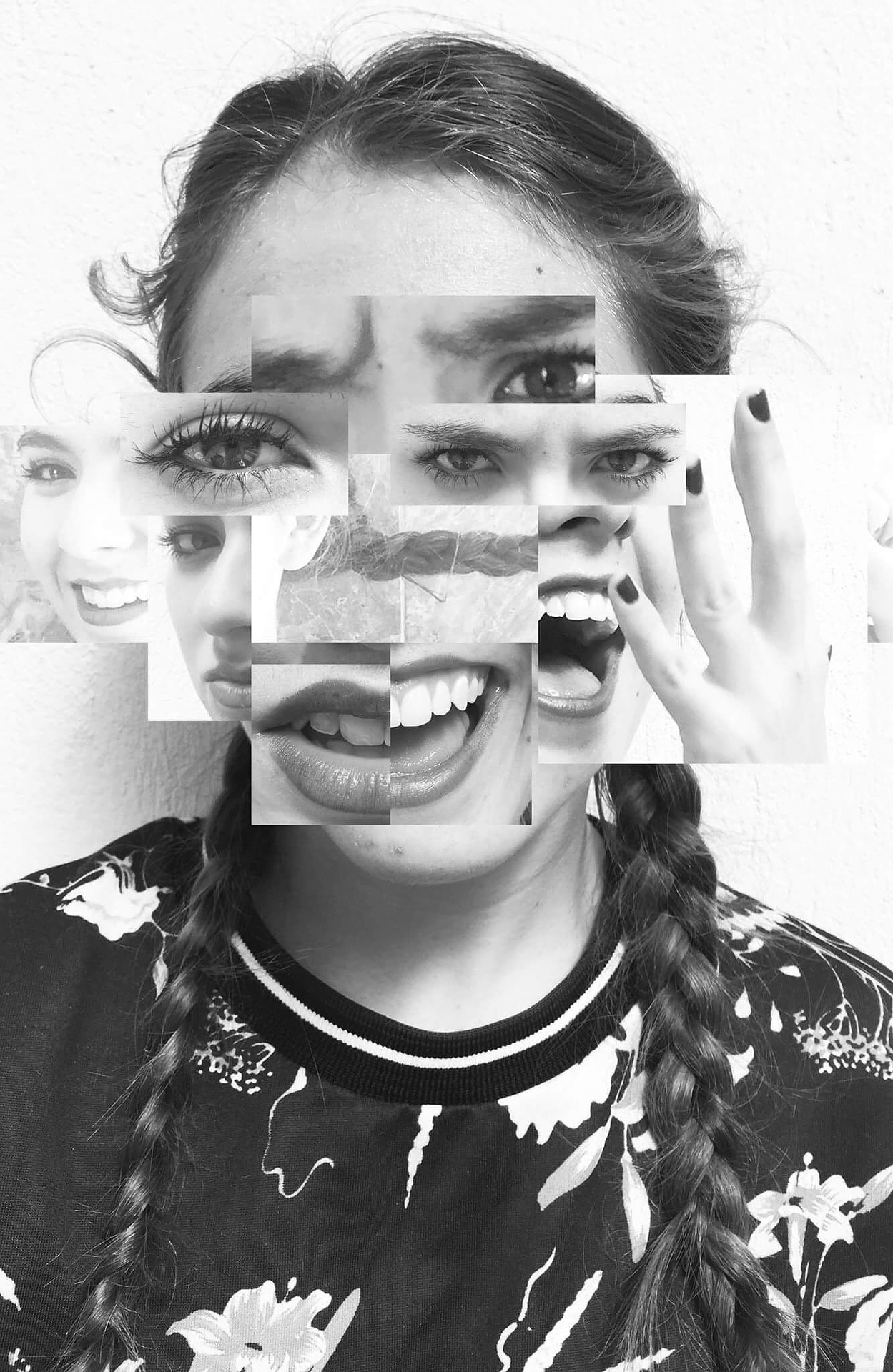If you are a lucky person who have come across the term bipolar disorder only by watching such TV shows and movies as Rookie Blue, Shameless, General Hospital or AP Stylebook, you might not be fully aware of this mental disorder. Yet, if you are interested in psychology and psychiatry or have a feeling that someone among your relatives or friends might be suffering by bipolar disorder, you should definitely check the following article.
The strong emotions of bipolar disorder
As the name of this disorder suggests, people are suffering from intensive mood swings. For that reason, bipolar disorder used to be called manic depression for a rather long time.
Undeniably, every person has ever experienced mood swings without any particular reason. Yet, when it comes to bipolar disorder, these mood swings are extreme. Thus, a person might be not just cheerful, but feel a great boost of energy, euphoria or even unusual irritation. These are the symptoms not of a mere good mood, but a mania, since this state of mind typically affects the behaviour of a person, his or her judgement, sleep and even the ability to think clearly.
At the same time, a person suffering from bipolar disorder can get into an extremely bad mood. A milder form of it is feeling sad, but it usually develops into depression. During this period, one with bipolar disorder can lose interest in anything which was interesting or attractive before the depression or develop even more serious symptoms of depression up to suicidal urges.
Episodes of depression and mania can have different duration and frequency. Some people may experience them only a couple of times during the entire life whereas others might have them several times per year.
Types of bipolar disorder
It is important to understand that bipolar disorder have two types while there are also other disorders related to bipolar disorder. The major features making them similar to each other are mania or hypomania, depression as well as cases of unpredictable mood changes which can lead to unpredictable behaviour. In many cases, this causes distress in the lives of the people suffering from one of the types of bipolar disorder or a related disorder.
Bipolar I disorder
People who have ever experienced at least one mania episode followed or preceded by a hypomanic episode or depression are usually diagnosed with bipolar I disorder. Some people might have such an intensive mania episode that it even develops into psychosis.
Bipolar II disorder
Bipolar II disorder is somewhat milder than the first type only when it comes to the maniac episodes since people suffering from this form usually develop a hypomanic episode which doesn’t evolve into hypermania. A person will be diagnosed with bipolar II disorder if only he or she has had at least one hypomaniac episode in their lives with at least one depressive episode and quite usually such patients suffer from longer periods of depression. For that reason bipolar II disorder causes significant difficulties in the lives of patients as well.
Cyclothymic disorder
Cyclothymic disorder is diagnosed in people who have been suffering from many periods with depressive symptoms without developing a major depression episode as well as many hypomania periods during at least two years. In children or teenagers this disorder is diagnosed if they have had at least one year of such symptoms.
Other types of disorders related to bipolar disorder
This group includes the conditions similar to bipolar disorder when they are caused by other medical conditions such as stroke, Cushing’s disease or multiple sclerosis as well as chemical substances including medicines, alcohol or drugs.
Bipolar II disorder is not a milder form of bipolar I disorder, but a separate diagnosis. While the manic episodes of bipolar I disorder can be severe and dangerous, individuals with bipolar II disorder can be depressed for longer periods, which can cause significant impairment.
Although bipolar disorder can occur at any age, typically it’s diagnosed in the teenage years or early 20s. Symptoms can vary from person to person, and symptoms may vary over time.
Symptoms bipolar disorder
Major depressive episodes causes a lot of difficulties in the daily life of people who are experiencing them. It can affect relationships, work and school activity.
First of all, a depressive episode causes depressed mood that is featured by feeling of being empty, sad, tearful or hopeless. Sometimes it can also give a feeling of irritation. As a result, people lose interest in all or almost all activities they normally enjoy. In addition to it, people can feel unreasonable guilt as well as worthlessness.
Undeniably, this mental suffering decreases the ability of concentration and thinking.
People also can start thinking about committing suicide or even plan and make such an attempt.
Major depressive episode also has its impact of the body. Thus people might experienced increase or decrease in their appetite, excessive sleeping or insomnia, slowed behaviour or restlessness and general loss of energy.
Mania and hypomania have similar symptoms but they are still two different conditions since mania is more severe and usually requires hospitalisation. These episodes are featured by euphoria, increased activity, agitation, distractibility and racing thoughts which lead to poor decision-making and getting into various dangerous activities.

